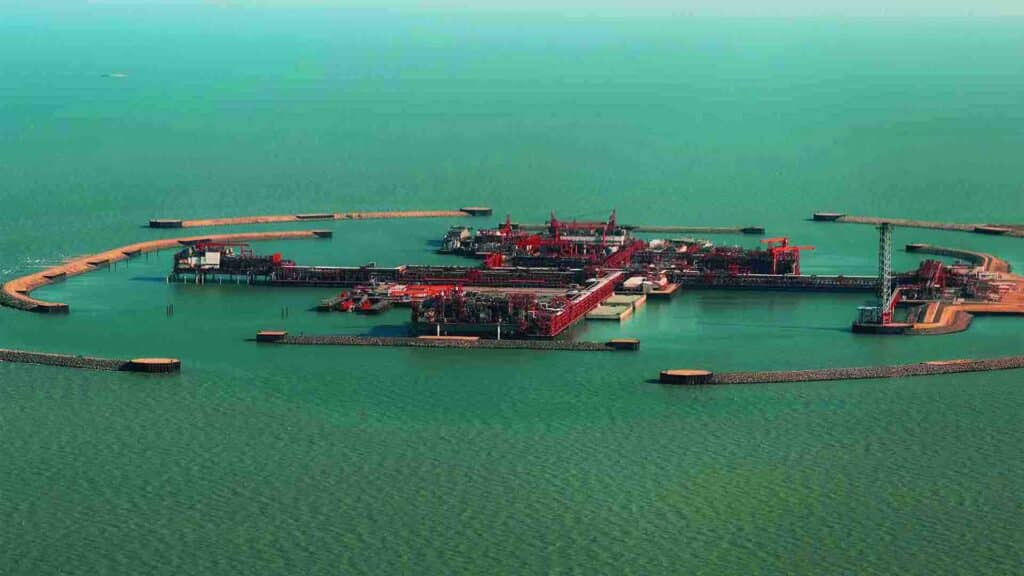Glasgow University Study: Media ignored Kashagan accident

In 2013, an accident occurred at Kashagan, the largest oil and gas field in Kazakhstan, which was widely ignored by local media. However, some independent outlets pointed to contractors’ mistakes and the role of Ersai Caspian Contractor, a company linked to the country’s political elite, according to «Energy Analytics,» a Telegram channel focused on the oil industry, citing a study published in «Energy Research & Social Science.»
The research, conducted by Dr. Julia Schwab, analyzed how Kazakhstani media shaped narratives around the 2013 Kashagan oil spill, which delayed commercial production until 2016.
The study found that Kazakhstani media used three consistent strategies. First, the incident was ignored. Then, coverage focused on the high content of hydrogen sulfide, which allegedly caused corrosion and cracks in pipelines. Finally, the media emphasized the role of the government and its partnership with the North Caspian Operating Company (NCOC), a consortium of major oil companies – Eni, ExxonMobil, Shell, Total, CNPC, Inpex and KazMunayGas.
Independent media, on the other hand, highlighted collusion among local elites, contractors’ mistakes and the role of Ersai Caspian Contractor. They also recalled scandals around Eni and possible corruption payments, criticizing the alliance between the government and transnational corporations.
The researcher also argued that the characteristics of the oil were framed as the key reason for the incident. This allowed questions about human error and corruption to be sidelined.
As a result of the incident, Kazakhstan missed out on revenues during a period of high global oil prices. Against the backdrop of delays and falling prices in 2014–2015, the country experienced two devaluations of the tenge. The crisis at Kashagan became a symbol of the vulnerability of Kazakhstan’s hydrocarbon-based economic model.
Development of the Kashagan field began in the 1990s by a consortium of international oil companies, including Agip/Eni, ExxonMobil, Shell, Total, KazMunayGas, CNPC and Inpex. The project was expected to become the flagship of the Kazakh oil industry and the key booster of the country’s economic development. However, the launch of the pilot phase of development was repeatedly postponed. The postponement from 2013 to 2016 was caused by an accident in communications.
This year, Kashagan is expected to produce 18 million tons of oil. Meanwhile, Kazakhstan’s government continues to demand a $4.4 billion fine from NCOC for alleged violations at Kashagan.

